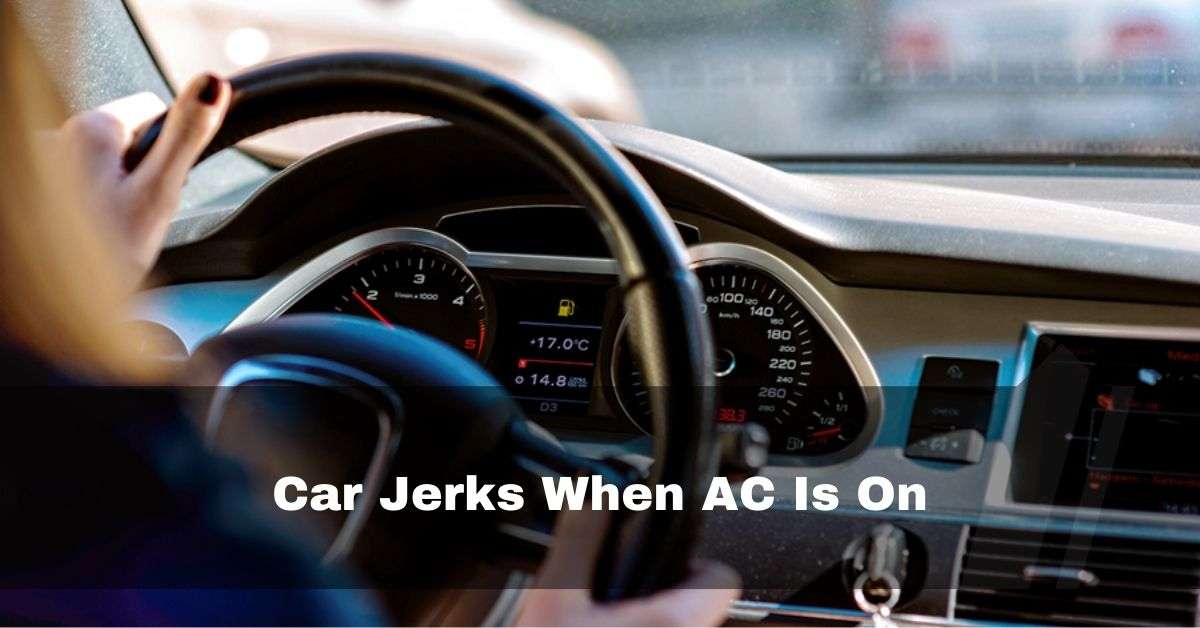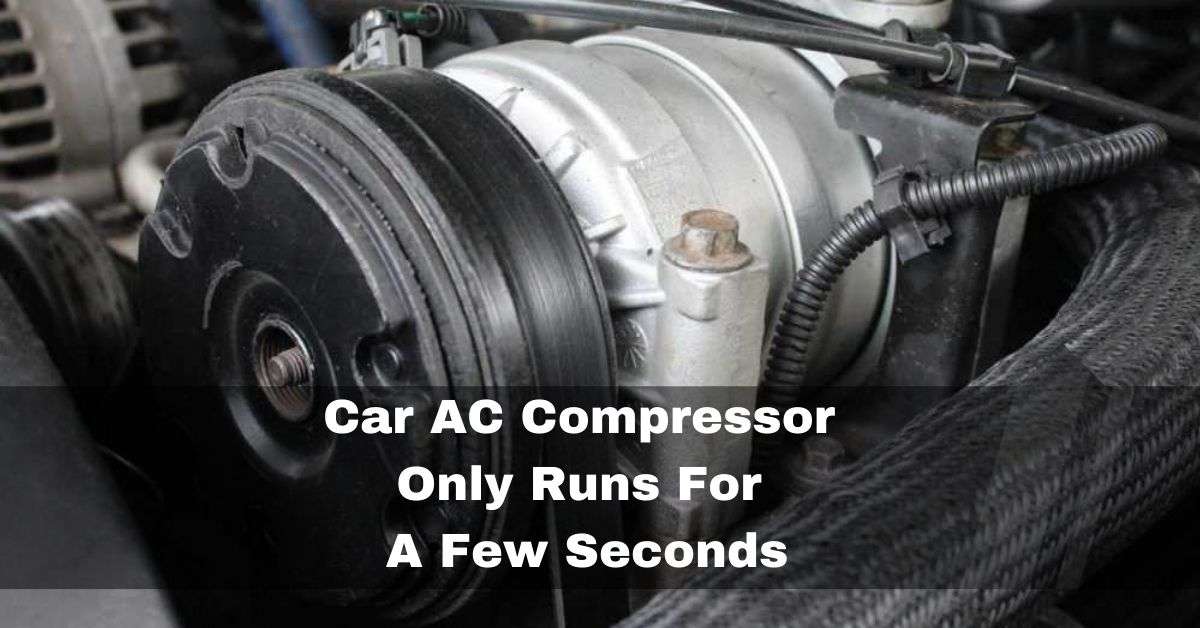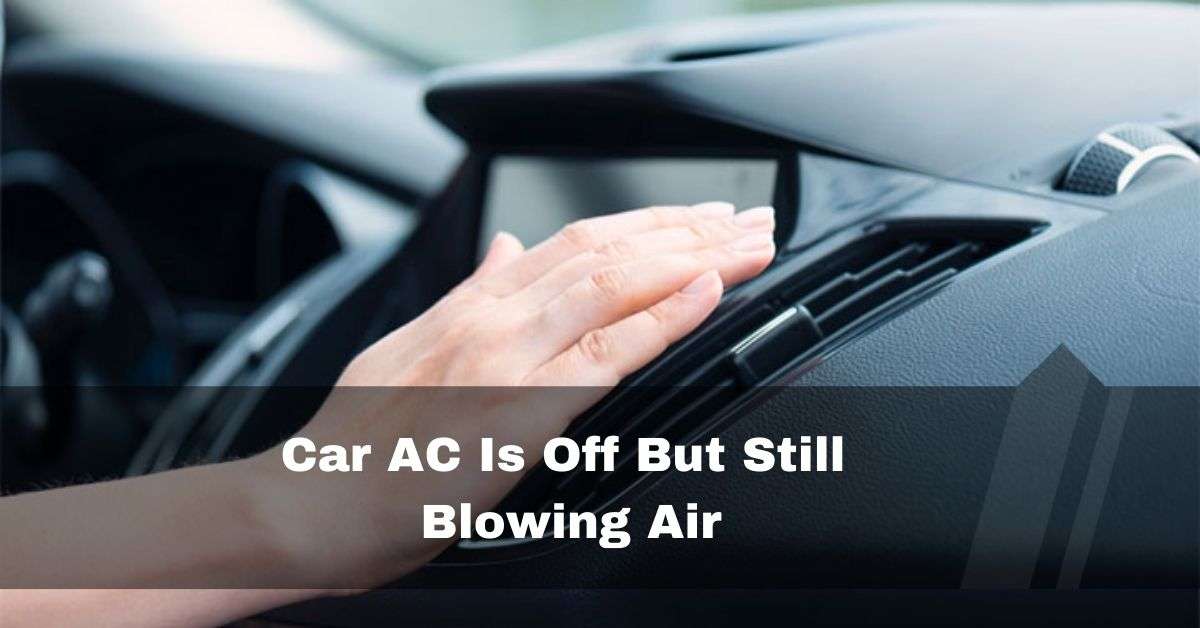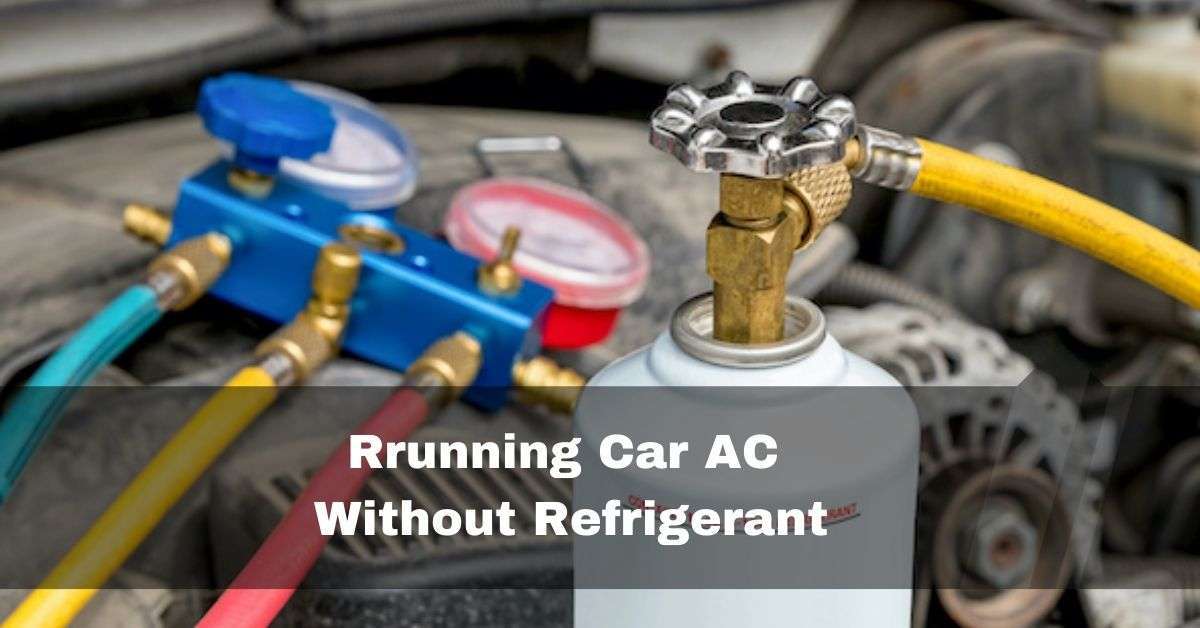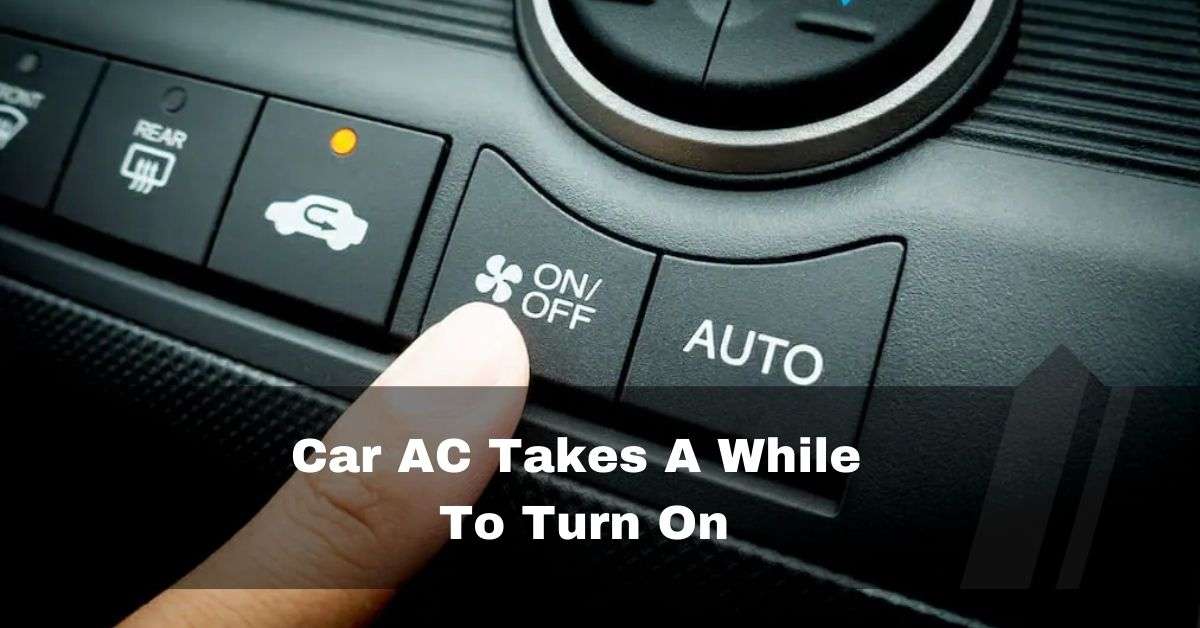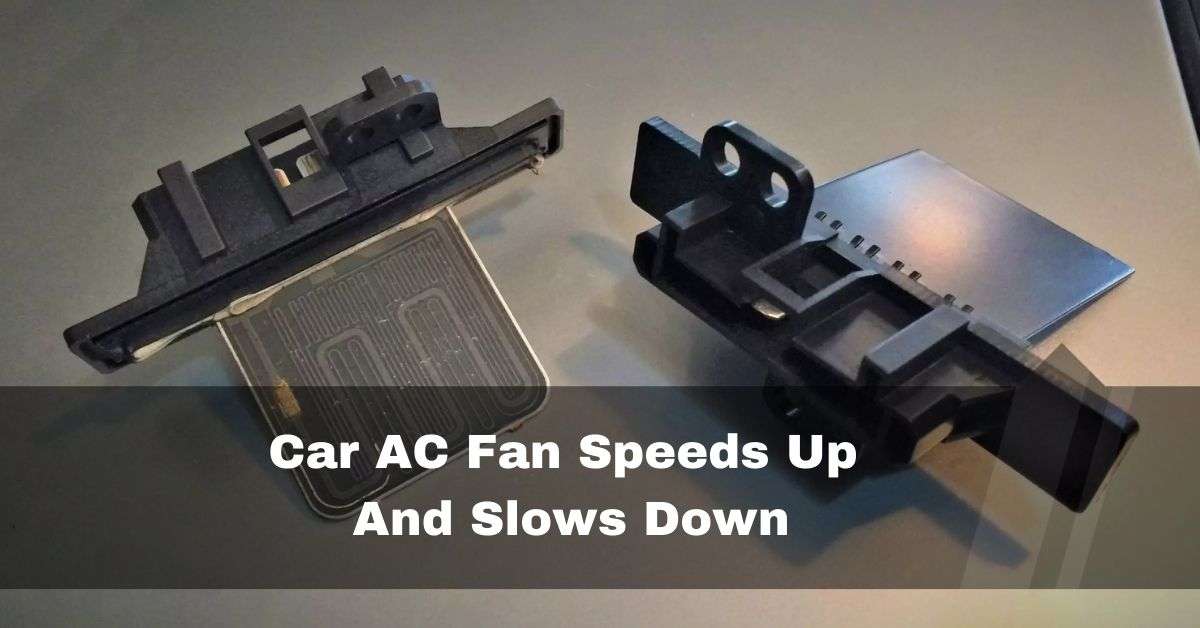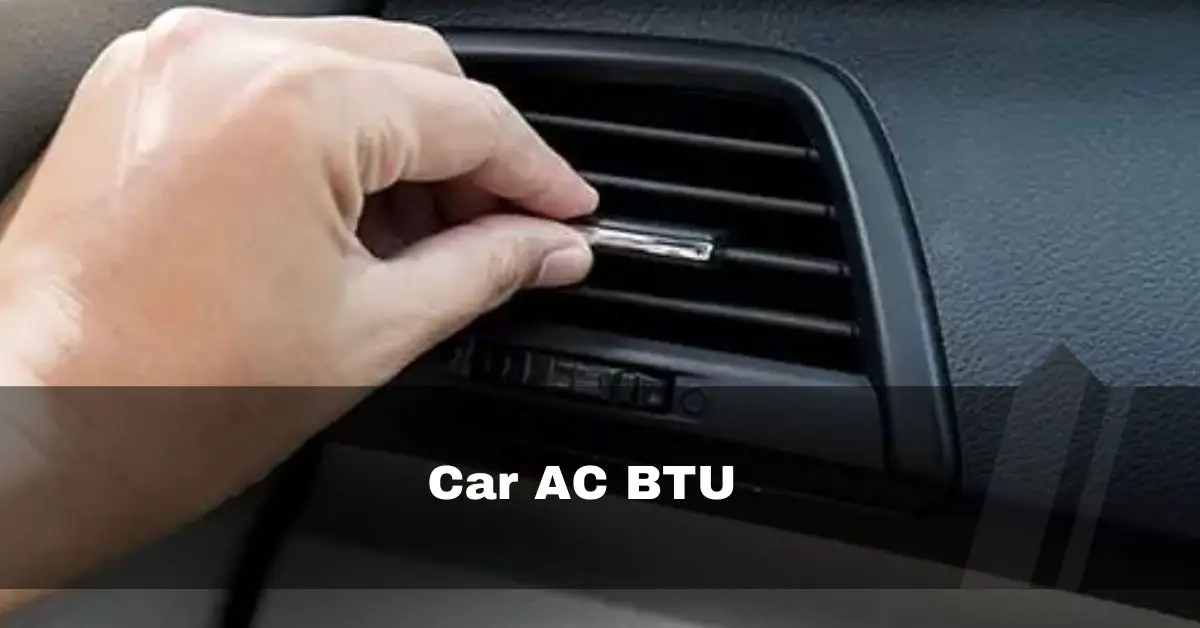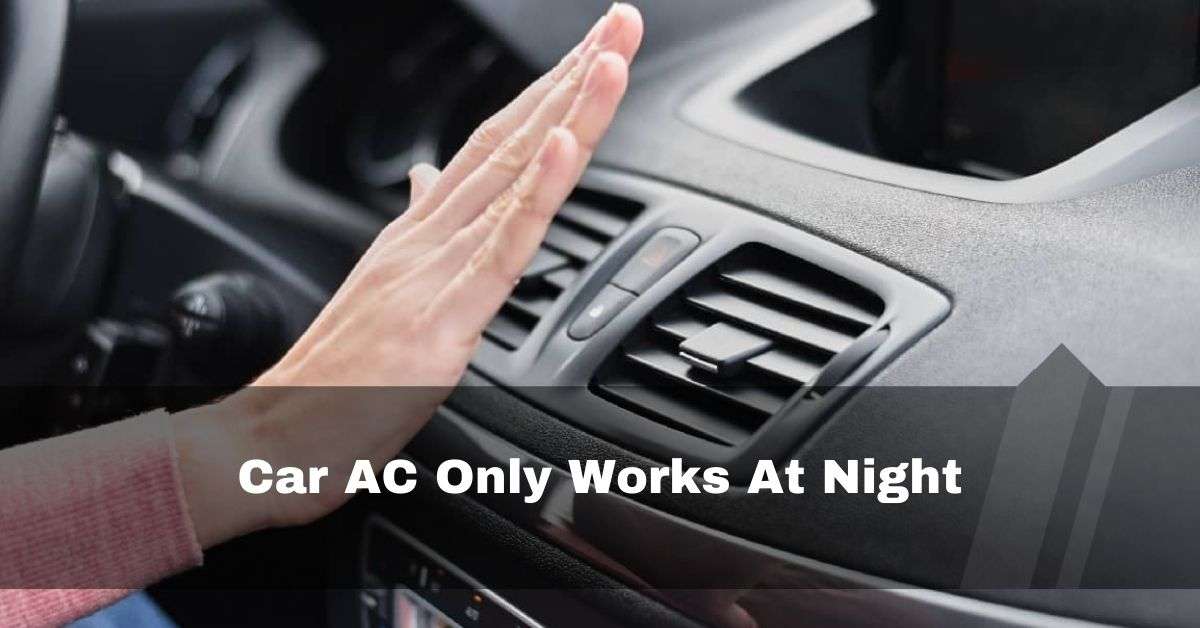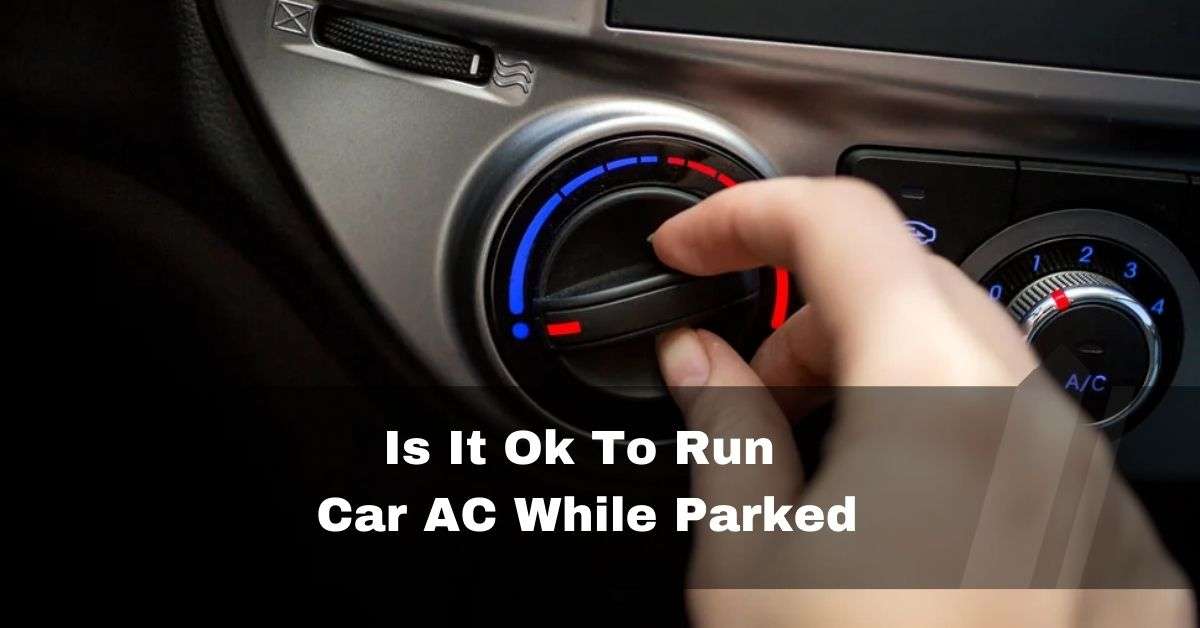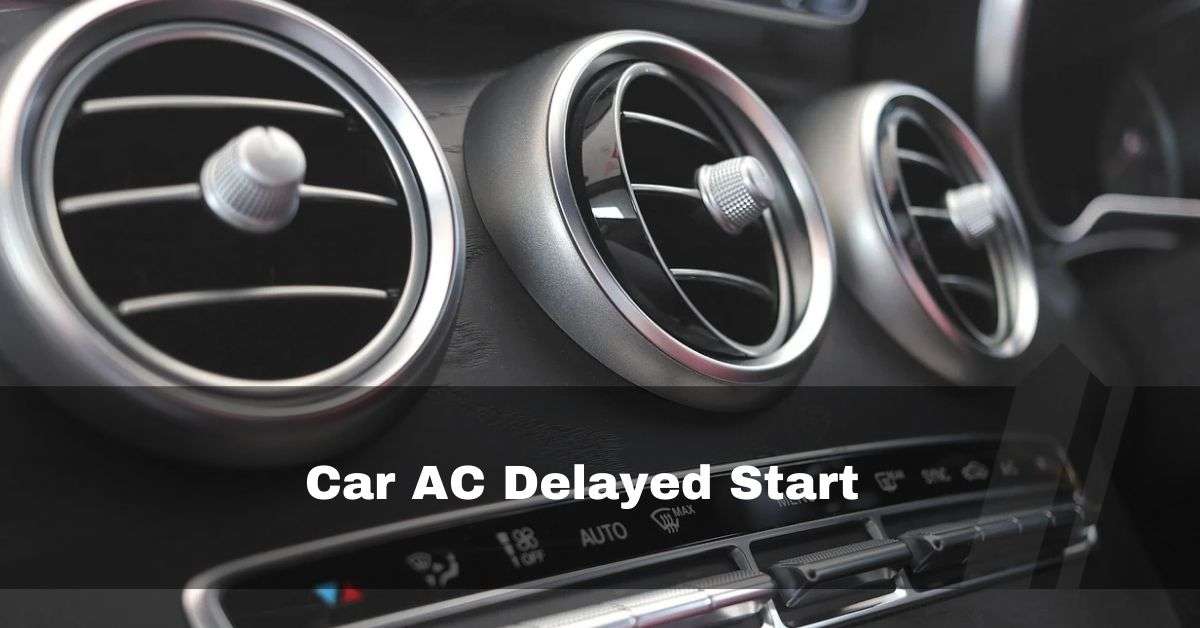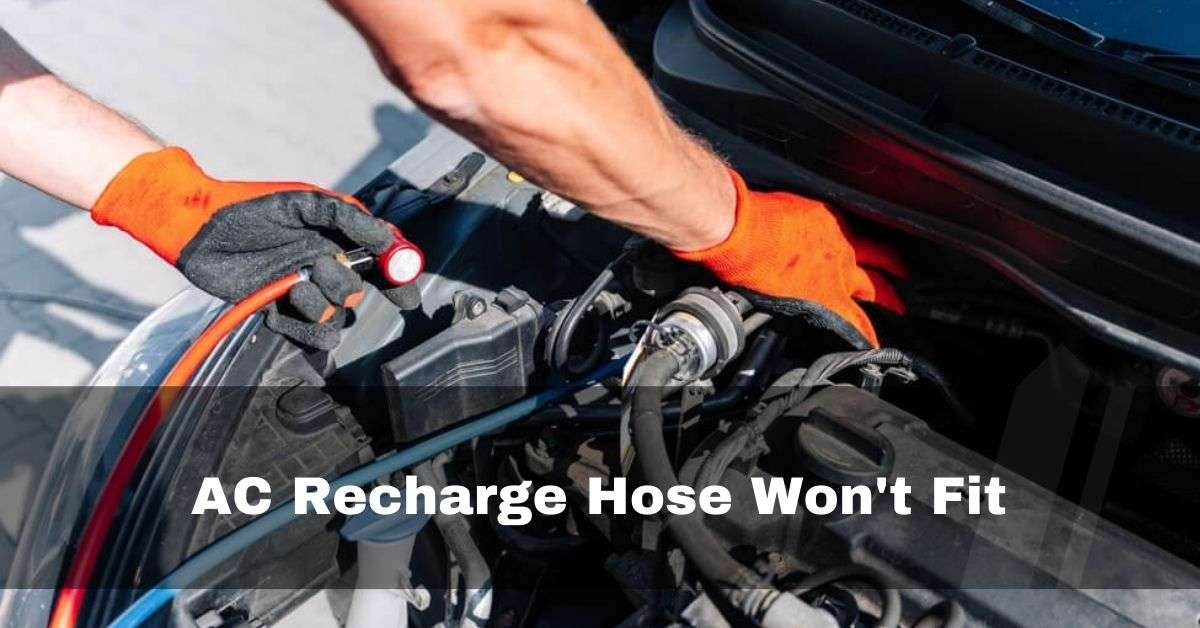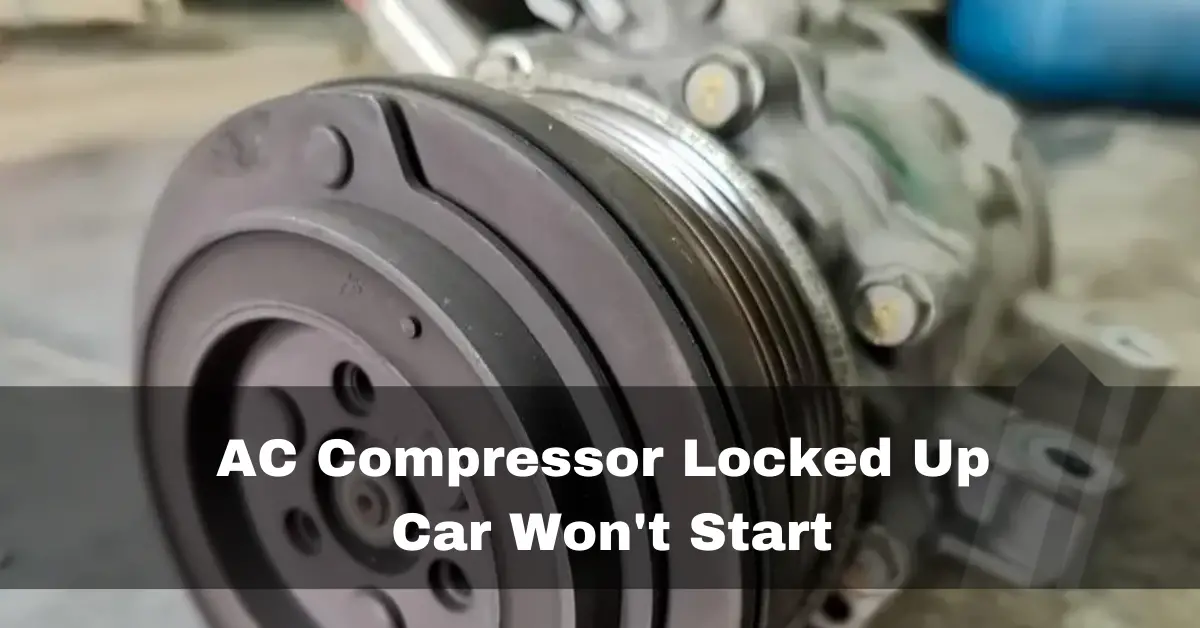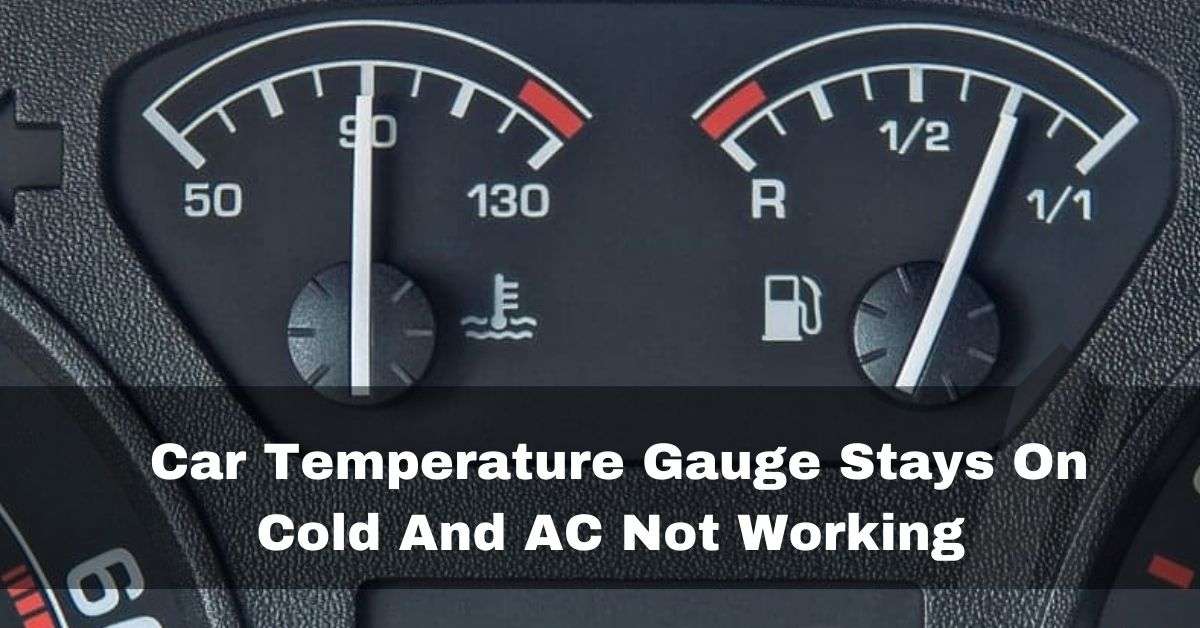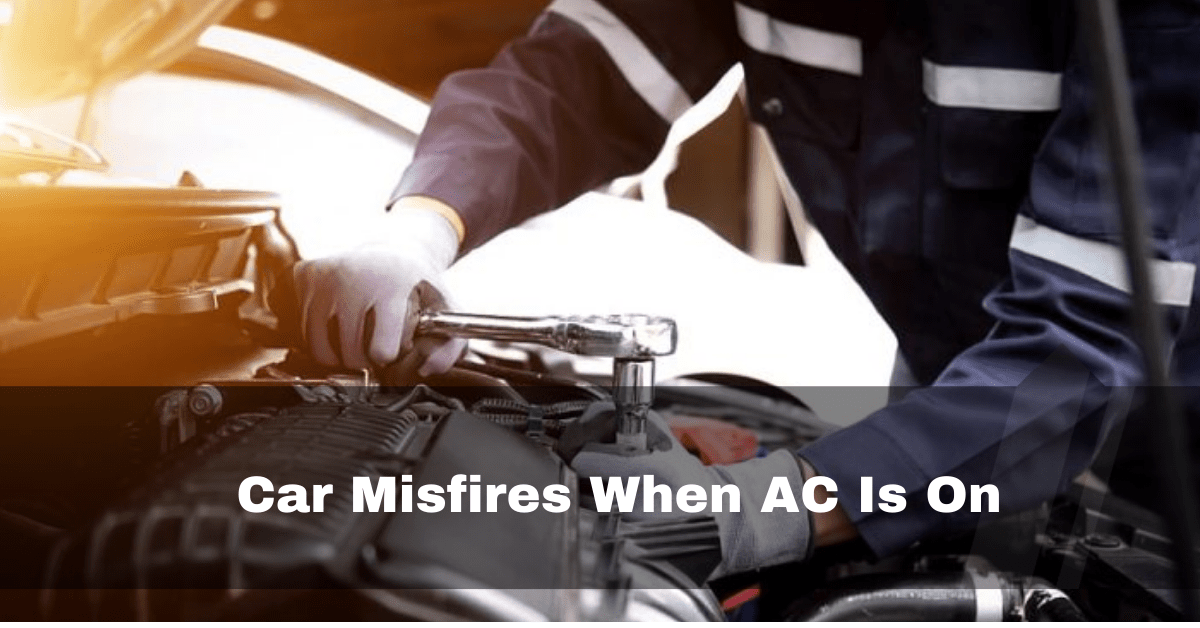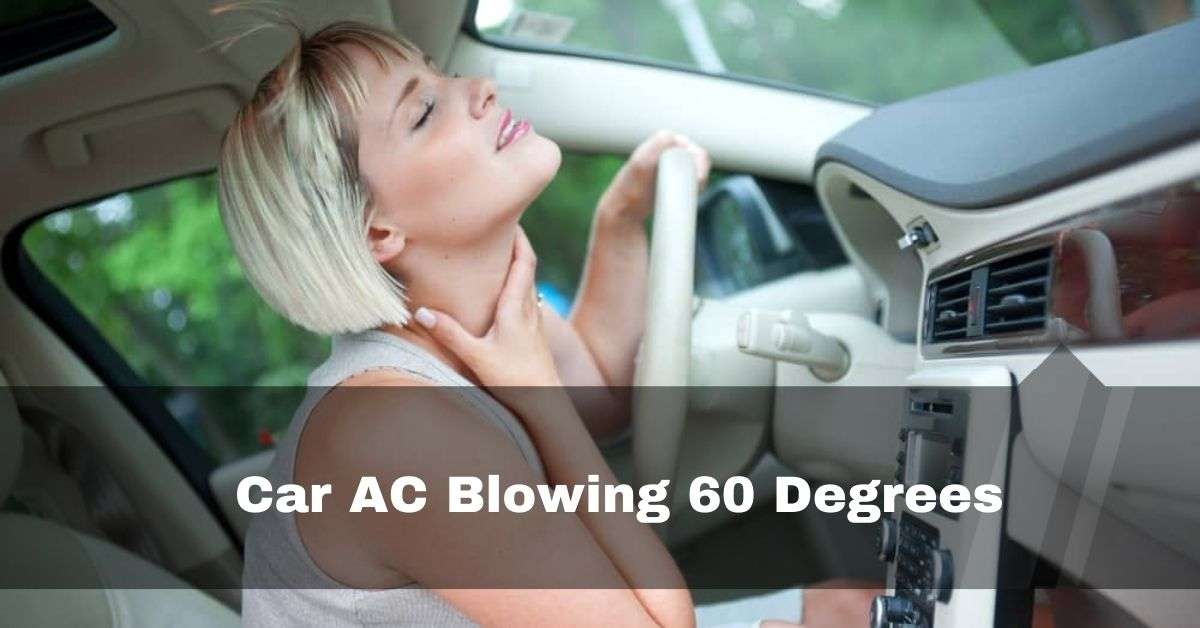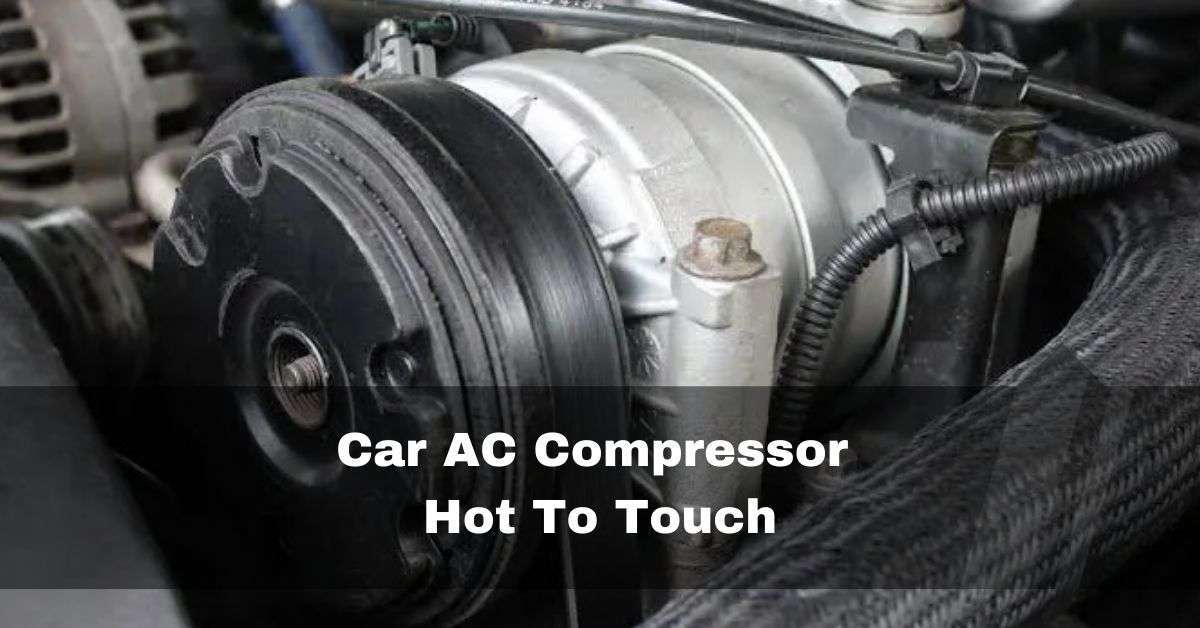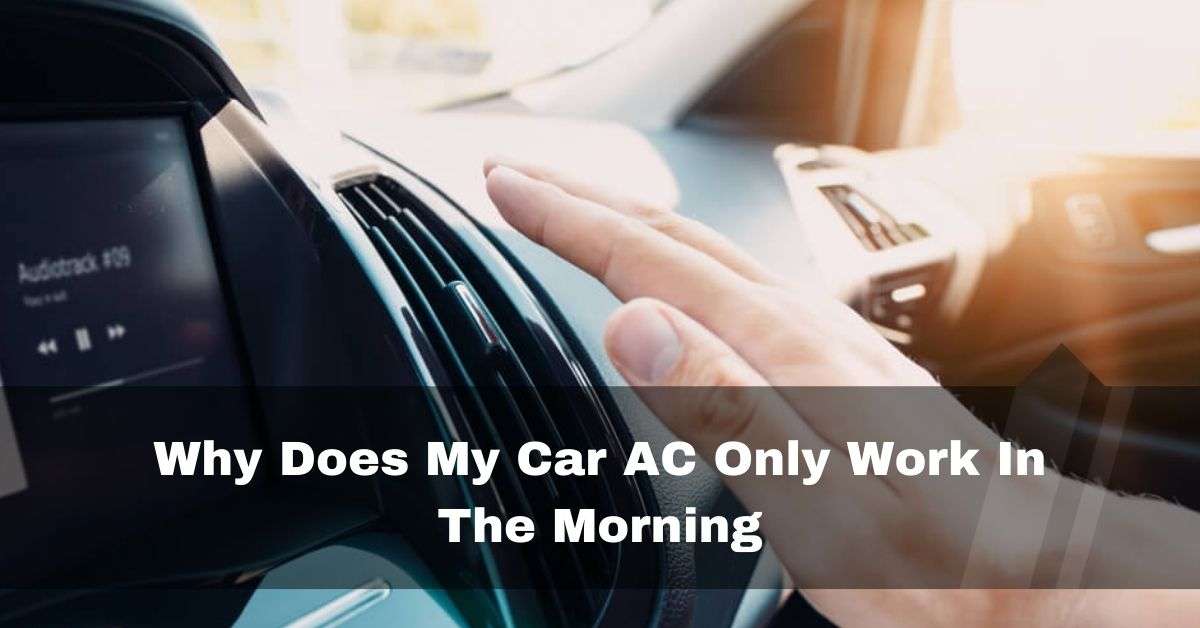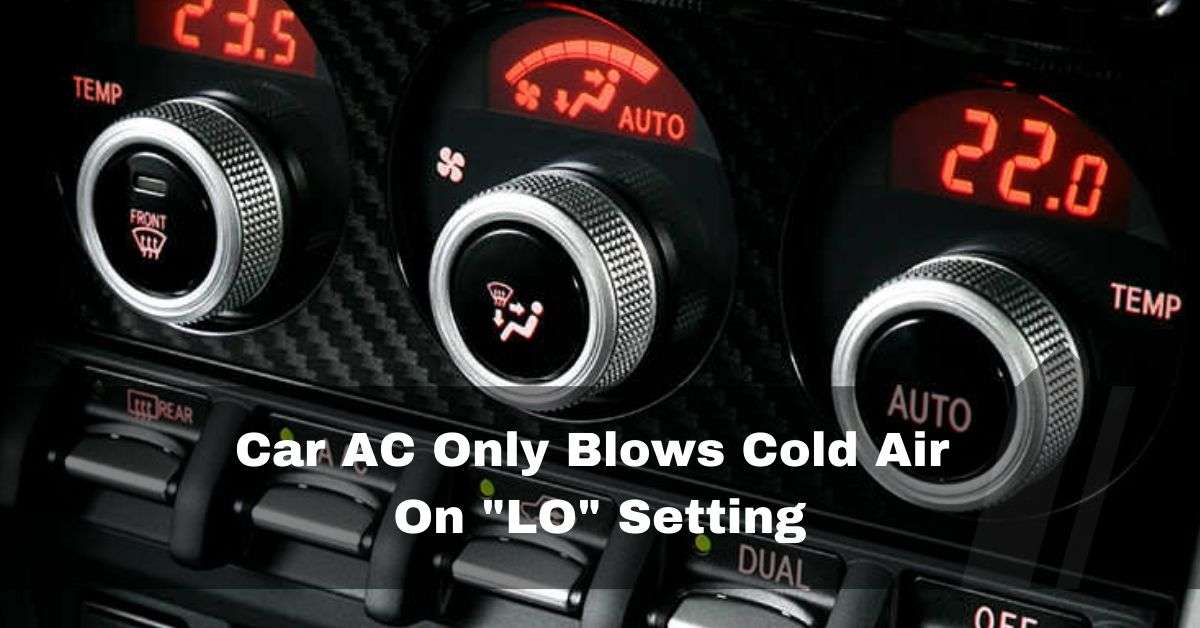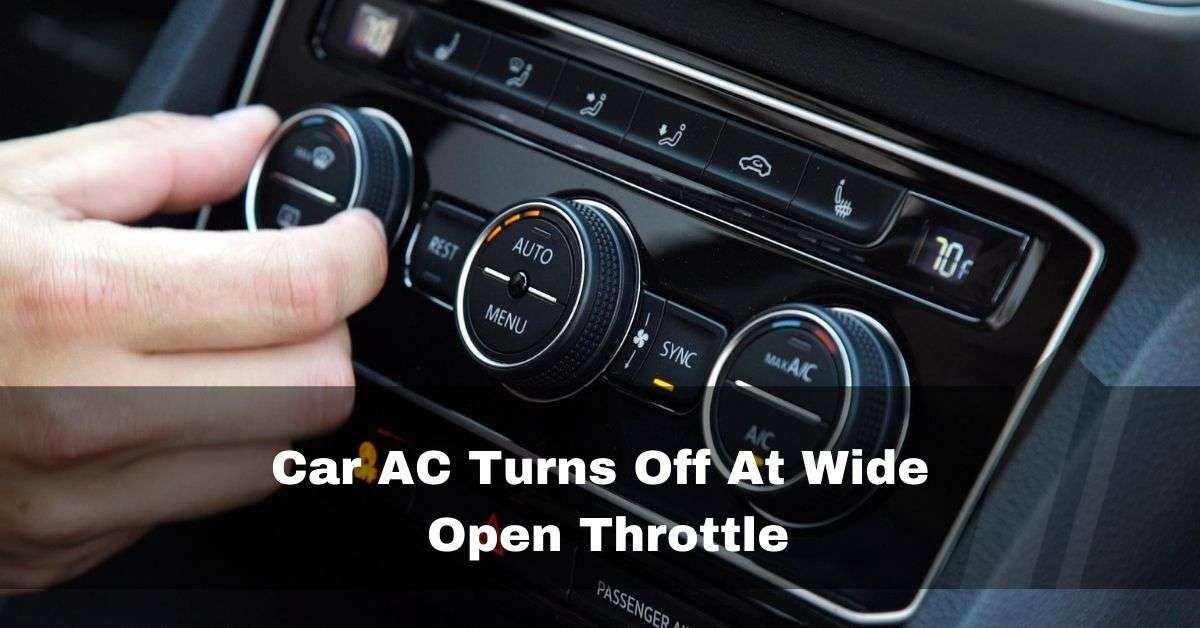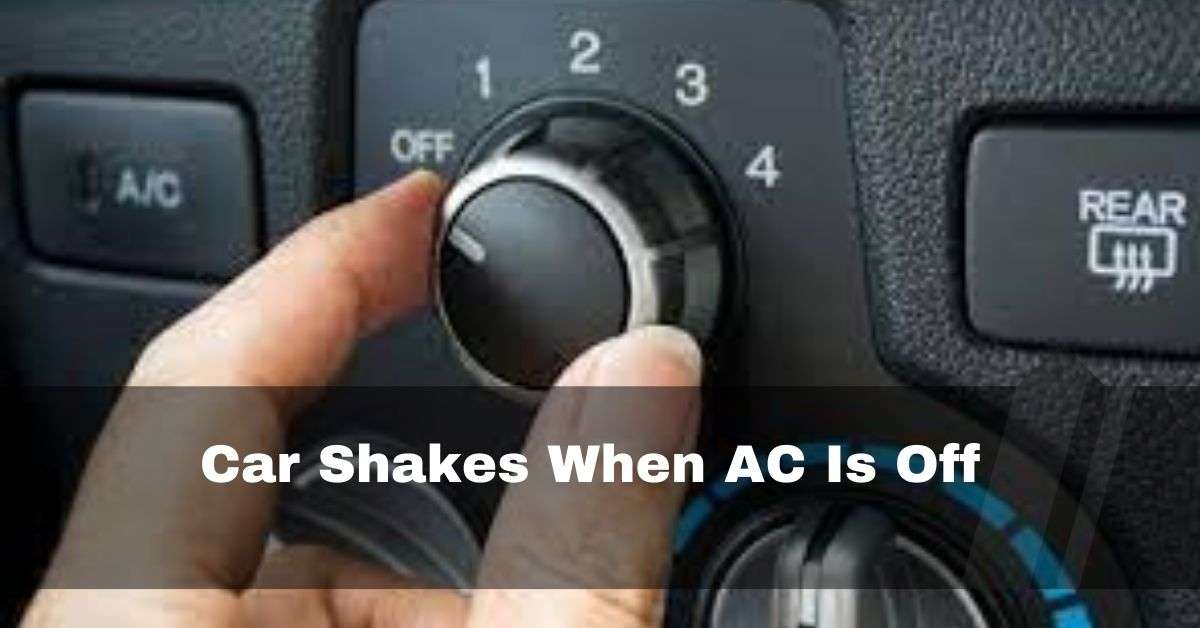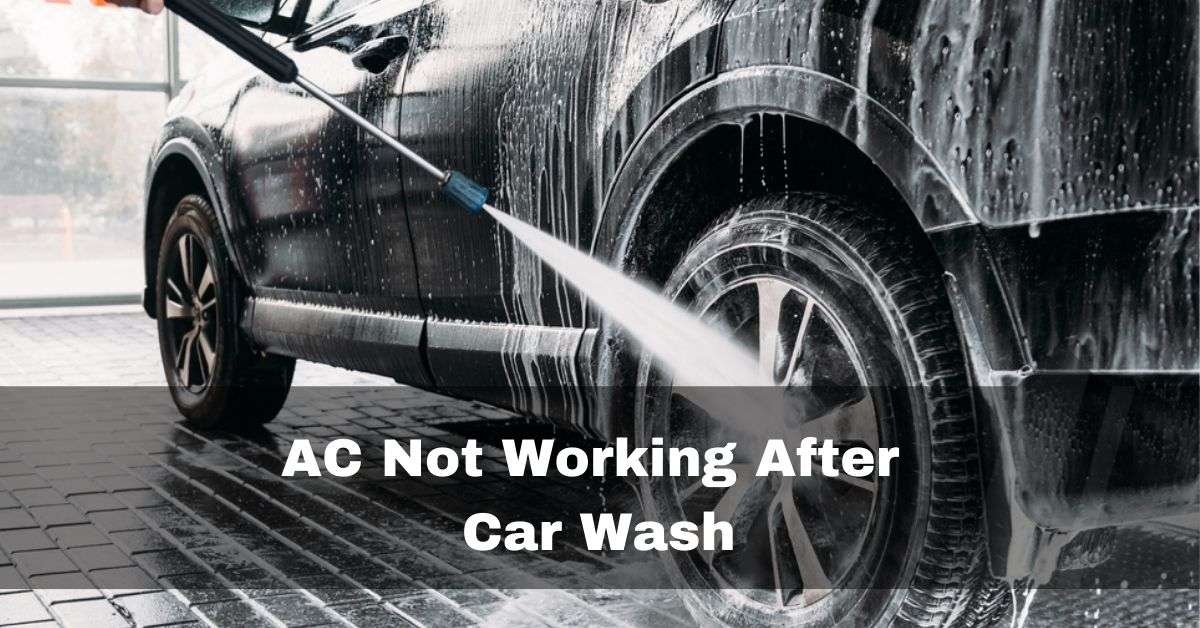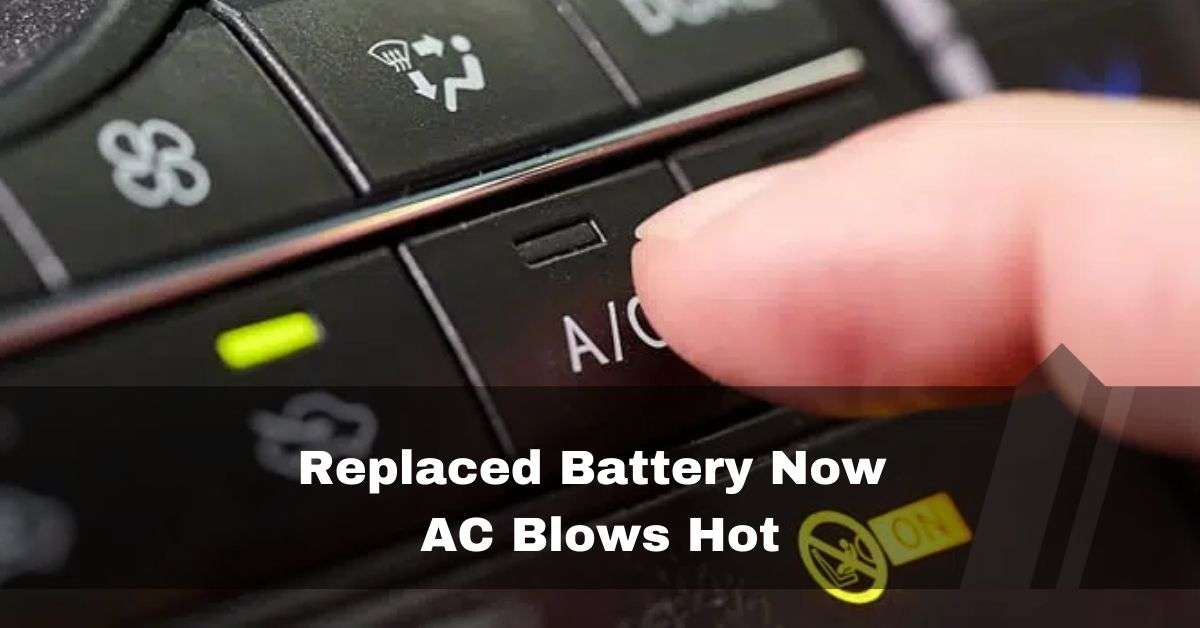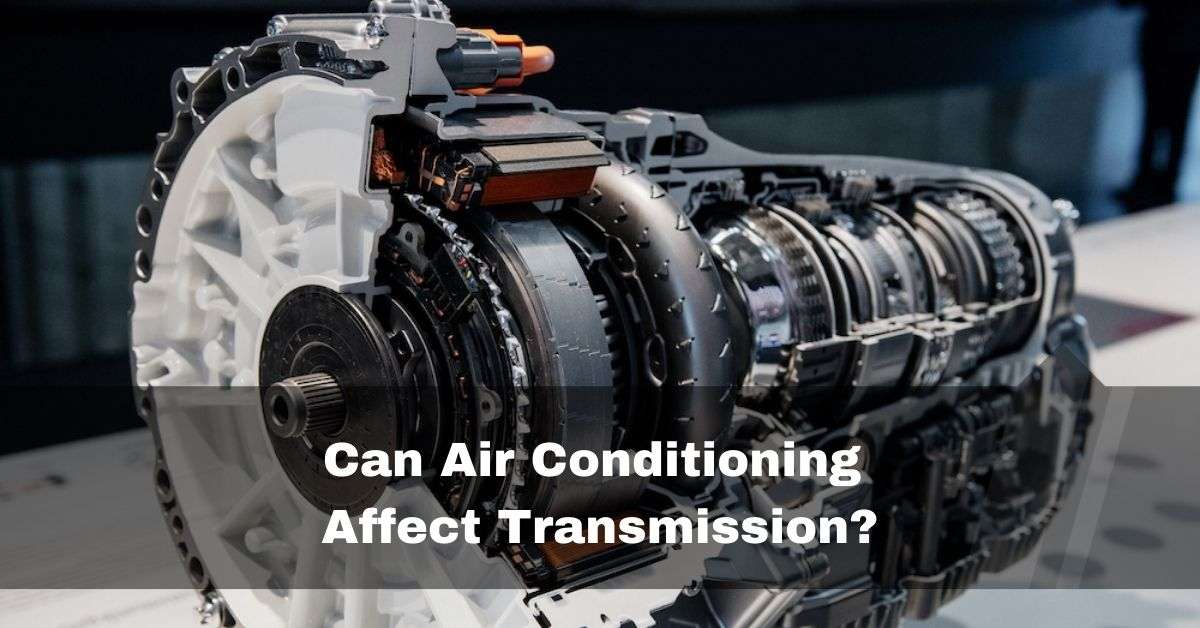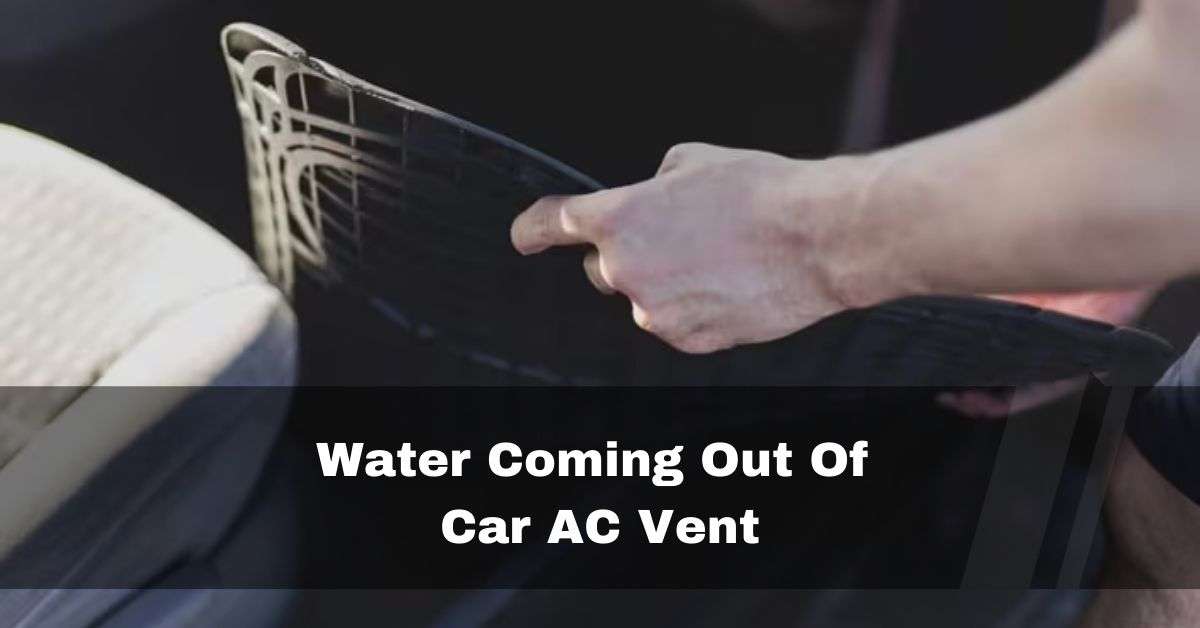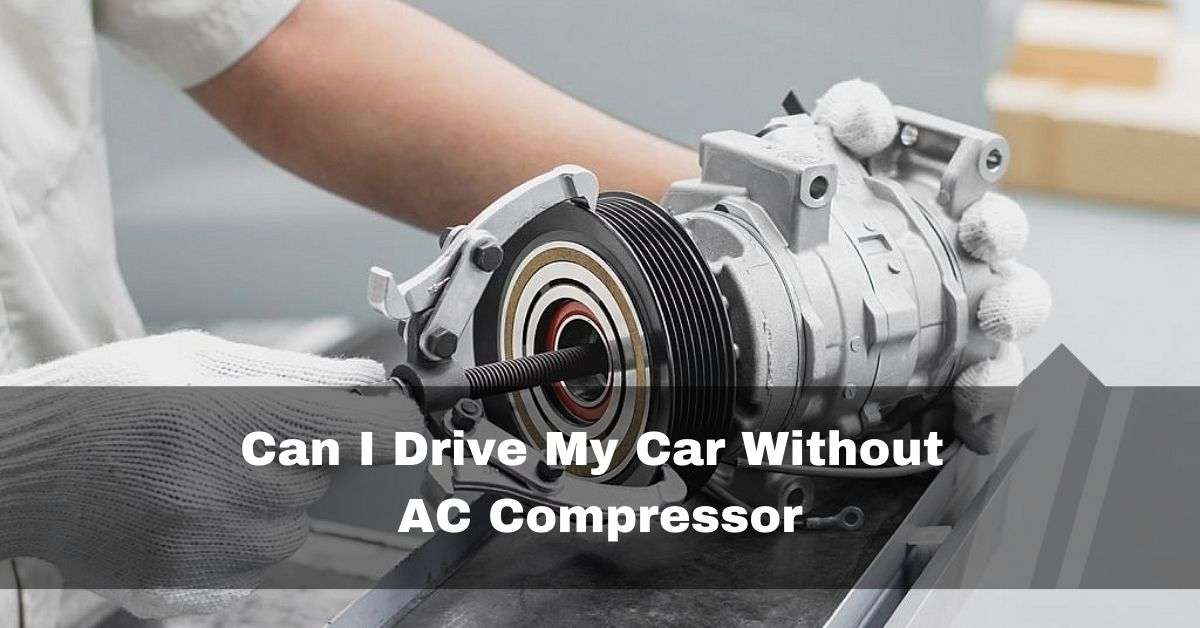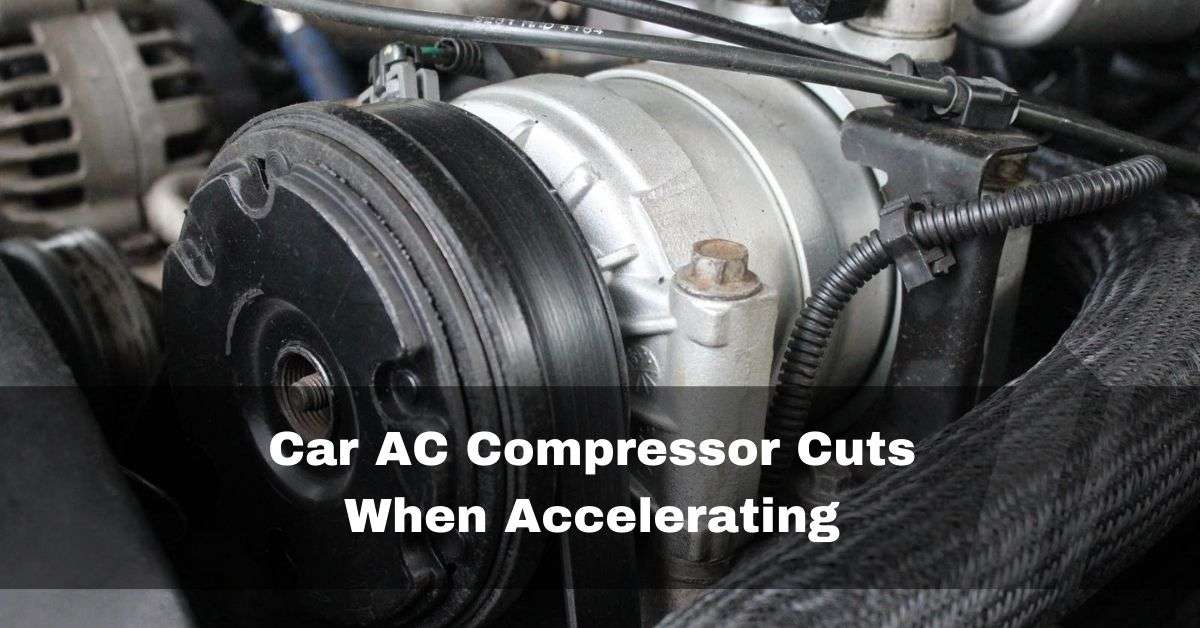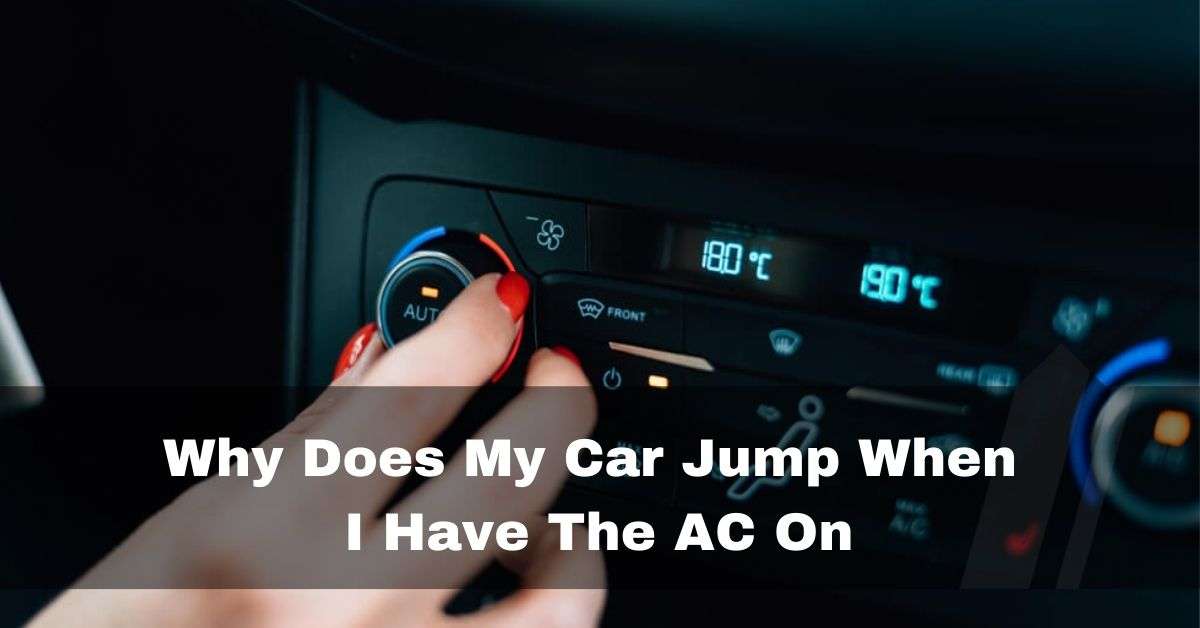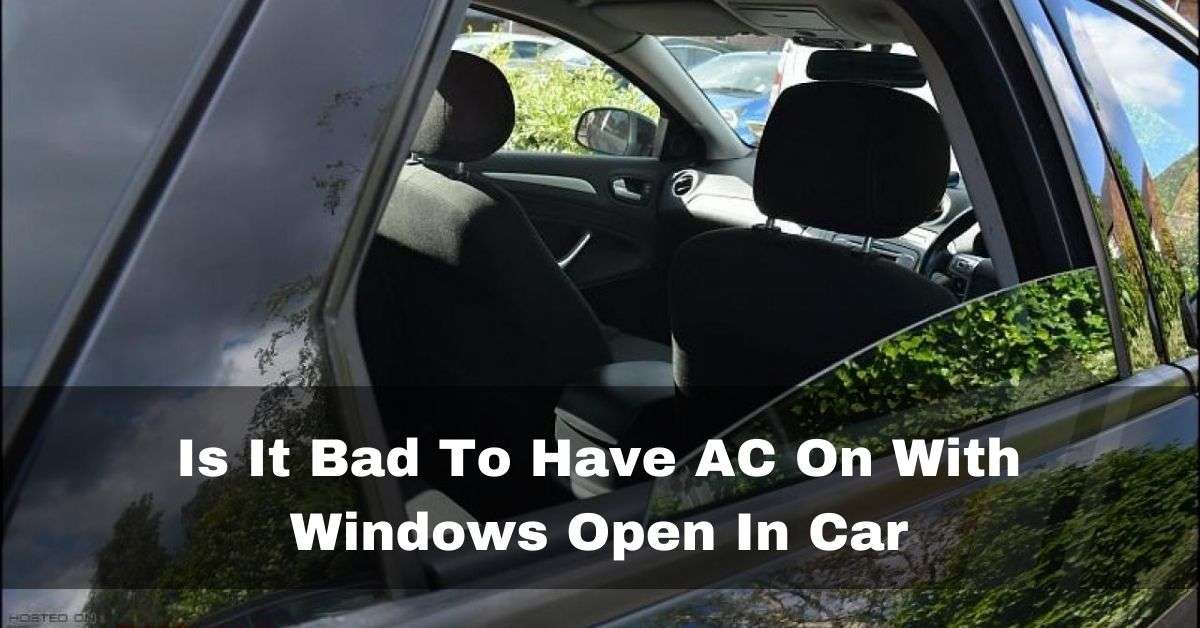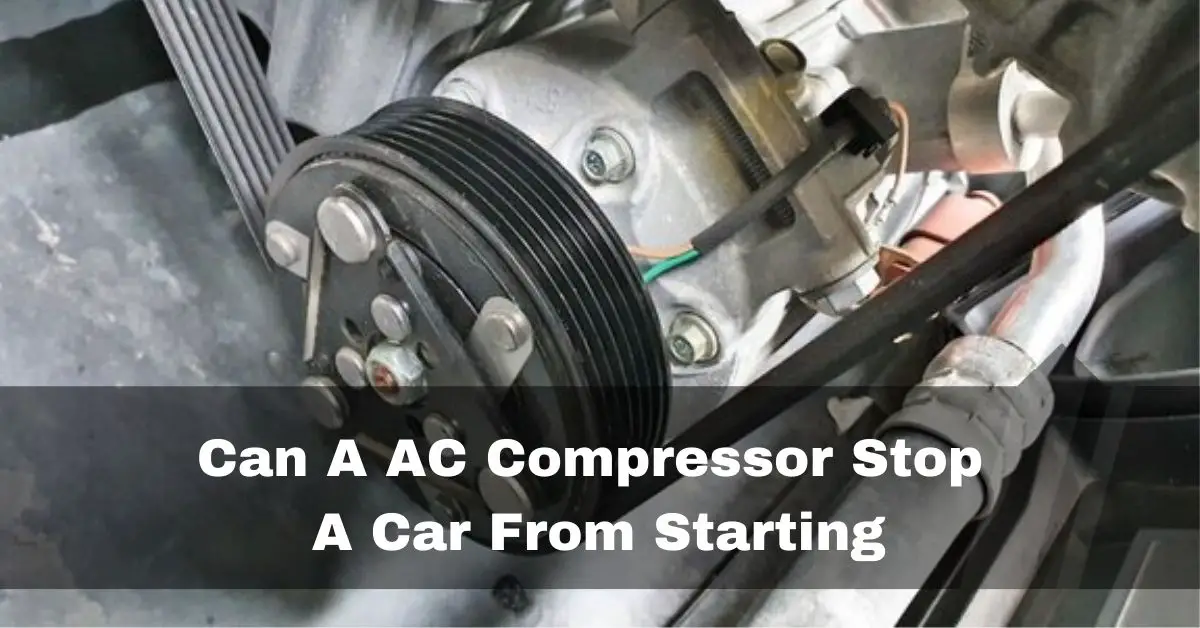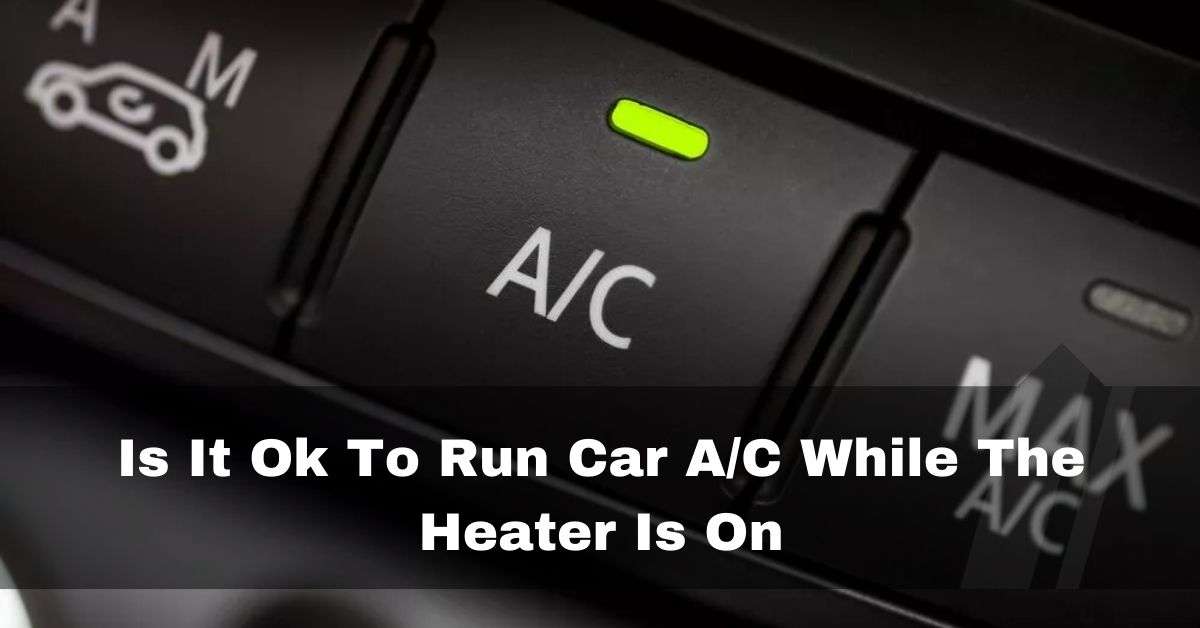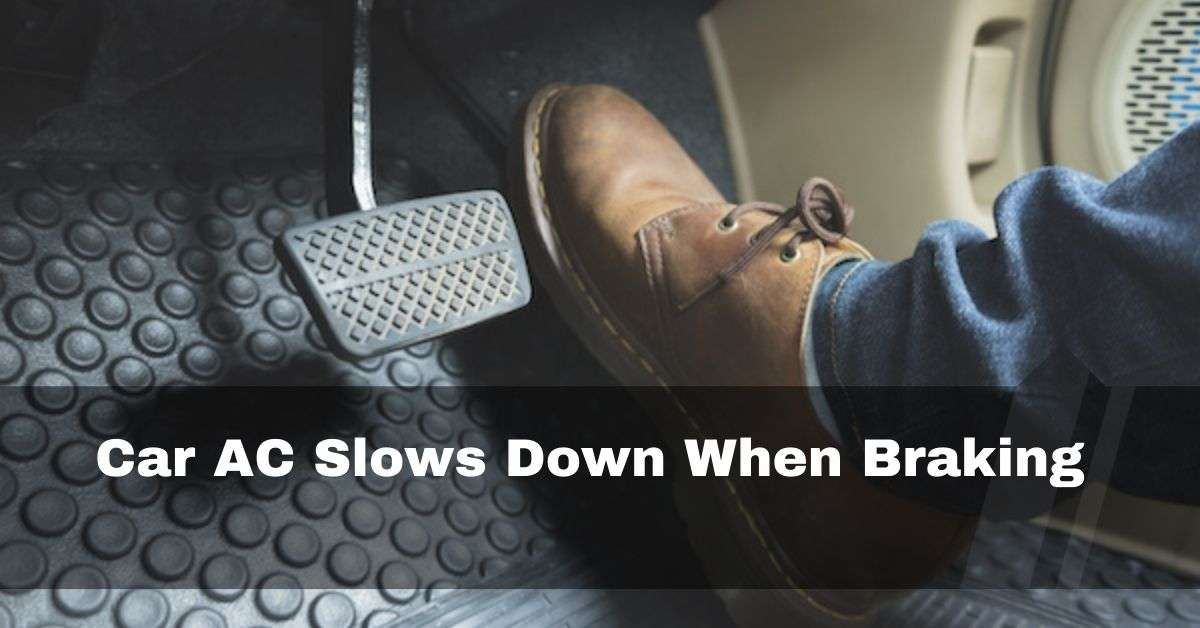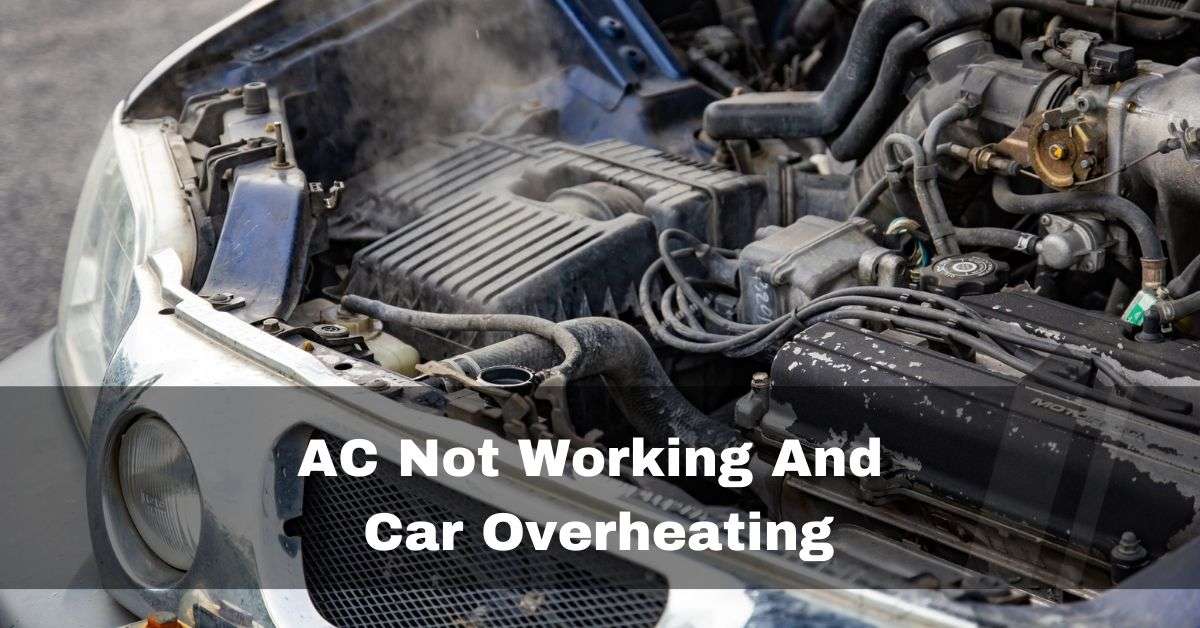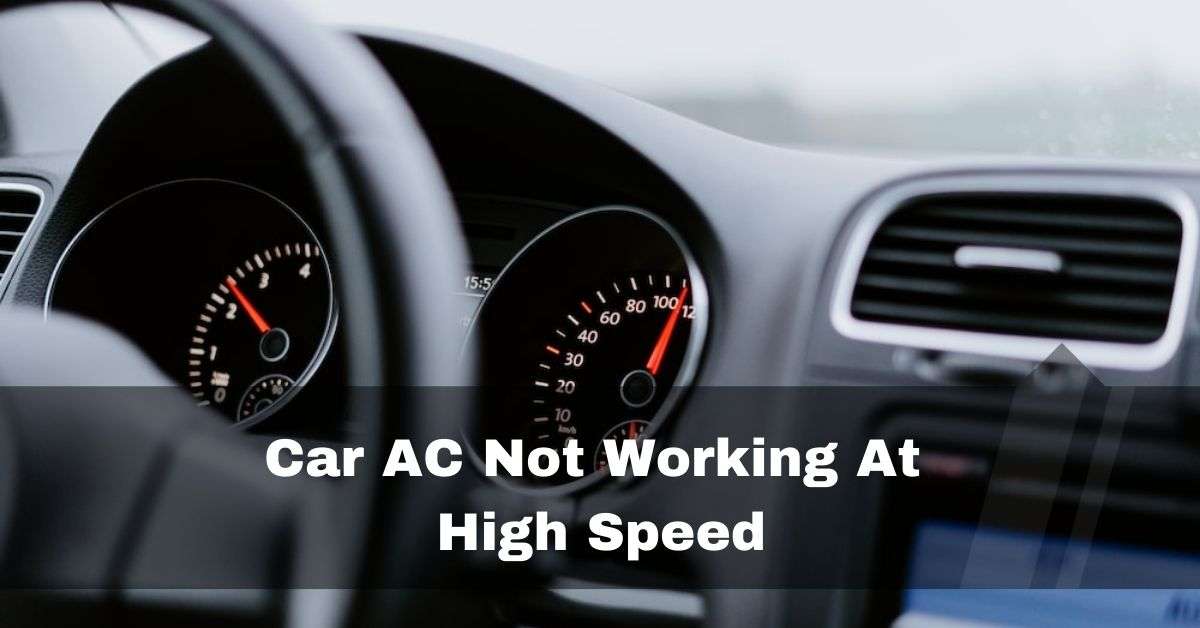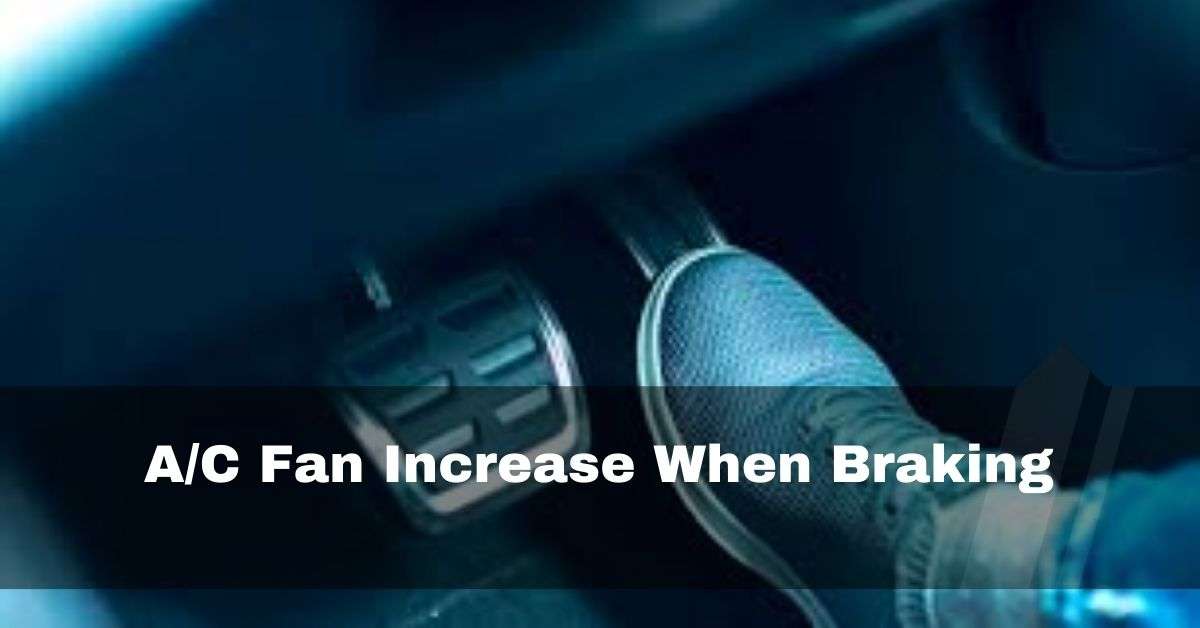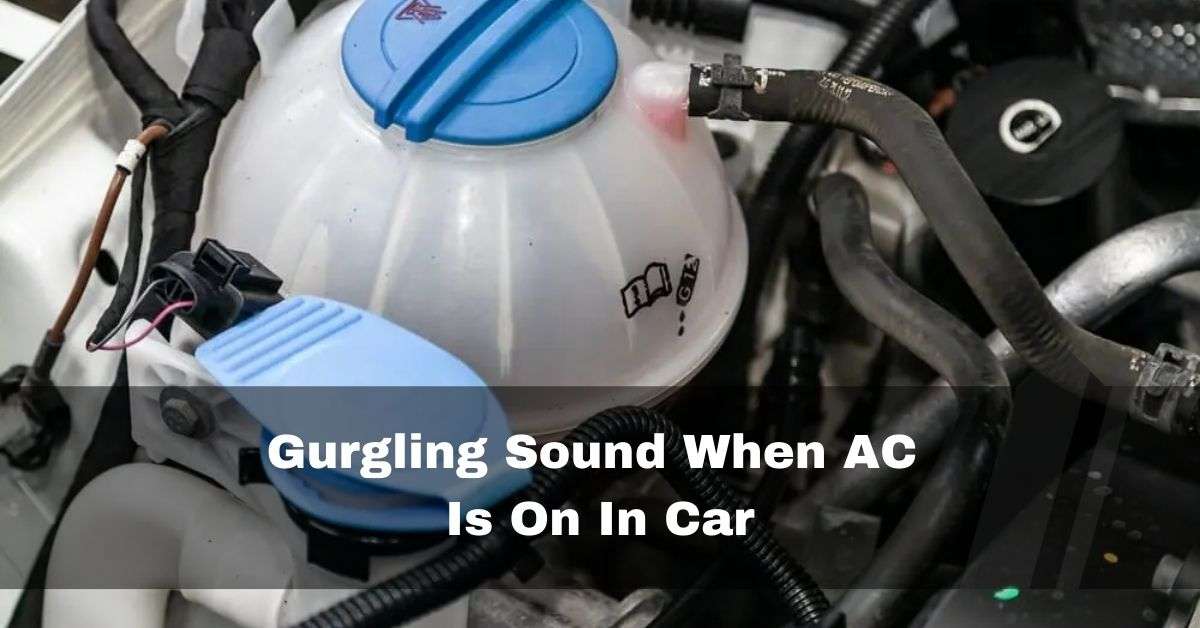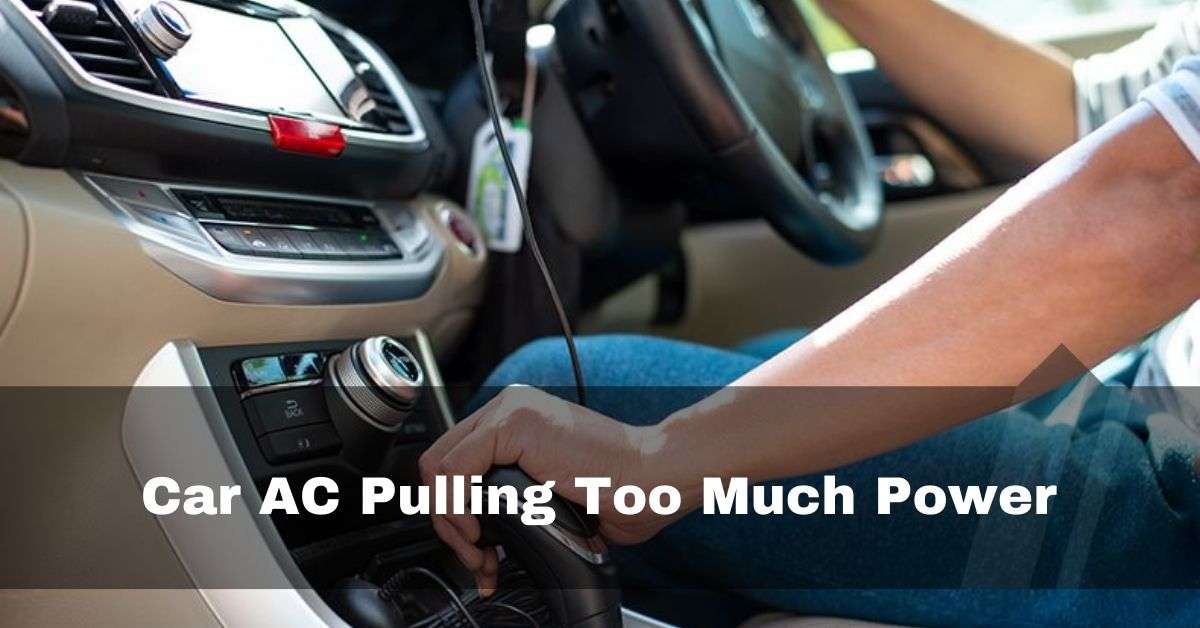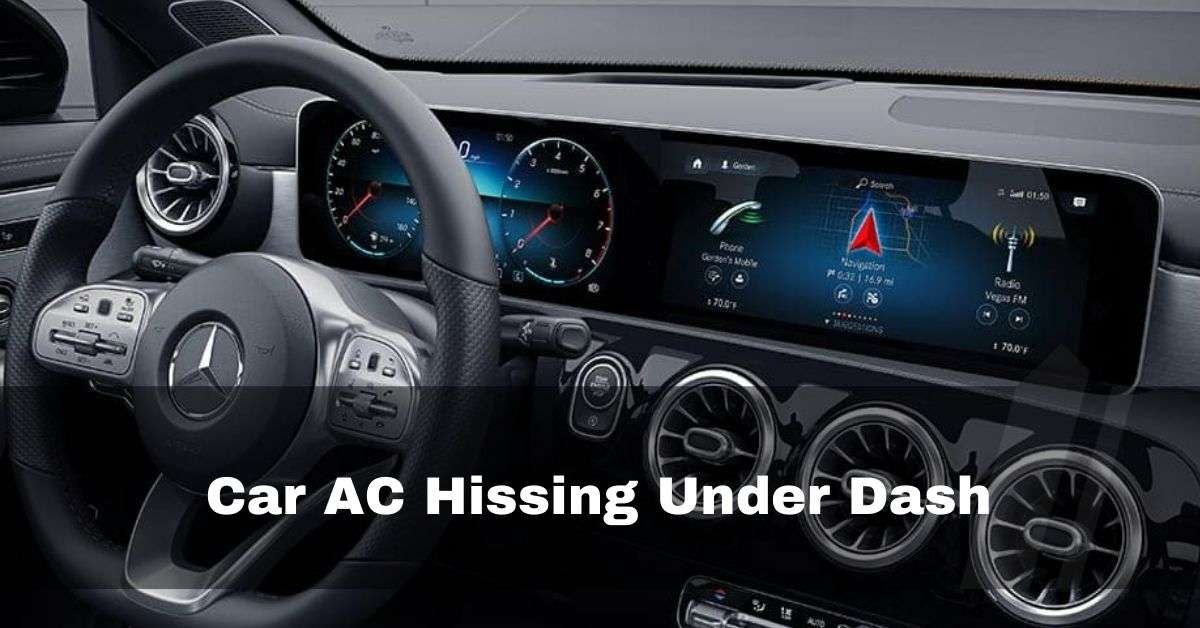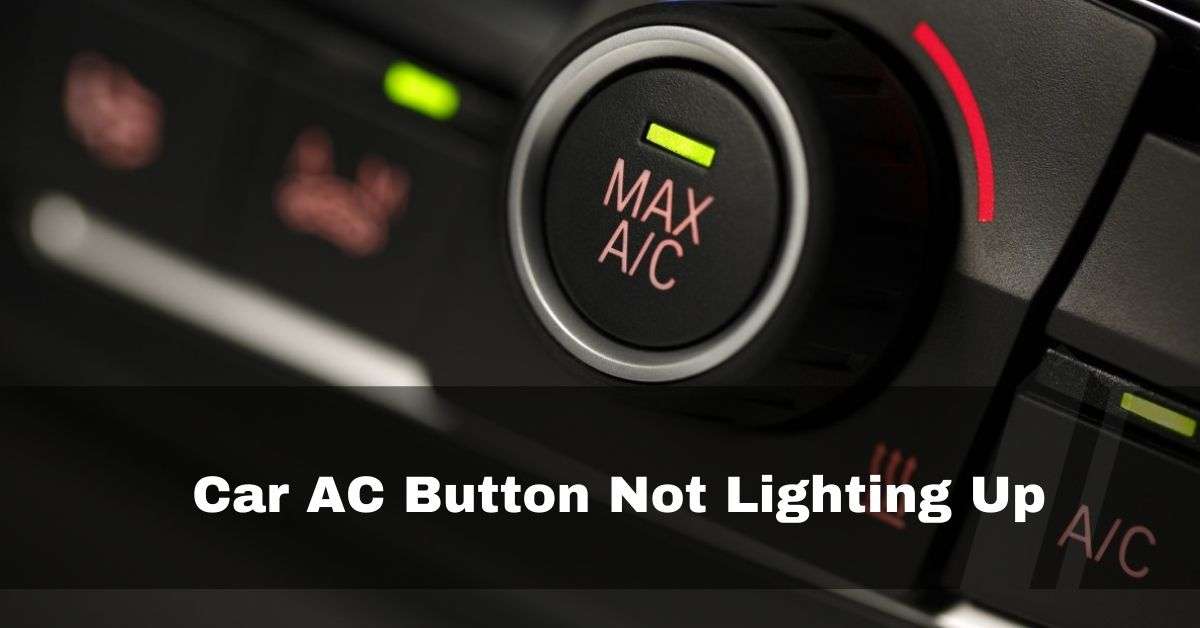We primarily rely on the air conditioning system in our cars to keep us cool and comfortable as the sweltering summer heat comes in. However, some of us encountered a worrying problem: the automobile started to jerk and shake when we switched on the AC.
The load on the engine increases when the AC is turned on. The IAC valve should increase the idle speed to reduce the additional stress on the engine. The engine will wobble and jerk while stopped and idling if the IAC valve does not move to the correct position for this extra stress on the engine.
It can be caused by various factors, some of which we will explore in this article, along with potential fixes to regain a smooth driving experience.
Table of Contents
Why Car Jerks When Ac Is On? Now What To Do?
1. IAC Valve Malfunction:
Idle Air Control (IAC) valve issues frequently cause jerking in vehicles with the AC on. By managing the airflow entering the engine when the throttle is closed, the IAC valve controls the engine’s idle speed. The IAC valve must change the idle speed to compensate for the extra load the AC imparts on the engine when turned on.

The engine’s idle speed becomes unpredictable if the IAC valve doesn’t react to this extra load appropriately, which causes the car to jerk and shake as it sits still. In such circumstances, the engine can even stall as it slows down.
How To Fix: Have an experienced mechanic examine the IAC valve and, if necessary, clean or replace it to rectify the problem. The IAC valve can be kept in good working order by performing routine maintenance and cleaning.
2. Engine Misfiring:
Engine misfiring is another potential factor in jerking when the air conditioner is on. Engine instability and a loss of power result from misfiring, which happens when one or more cylinders in an engine fail to ignite the fuel-air mixture properly. The jerking may get worse due to the extra stress from the AC.

How To Fix: Check and replace any damaged spark plugs, ignition coils, or spark plug wires as a starting point for fixing engine misfiring. A comprehensive examination of the fuel injectors and the engine’s compression may be required if the issue continues.
3. Insufficient Refrigerant:
Refrigerant is used in an automobile’s air conditioning system to chill the air before it is blown into the cabin. The AC system might have trouble providing appropriate cooling if it doesn’t have enough refrigerant, which would put more stress on the engine.

How To Fix: Have a qualified technician check for leaks in the air conditioning system and re-charge it with the proper refrigerant volume. Such problems can be avoided, and the AC system in your automobile can operate to its full potential with routine maintenance.
4. Belt And Pulley Issues:
The compressor is driven by a belt and pulley system that powers the AC. The AC compressor may operate inefficiently if the AC belt is worn, loosened, or damaged. It could stress the engine and cause jerks.

How To Fix: Regularly check the AC belt and replace it if necessary. Additionally, ensure the AC system’s pulleys are in good condition and working correctly.
5. Malfunctioning AC System:
When the air conditioner is turned on, a defective air conditioning system can cause jerking and add additional stress to the engine. Many elements, including a broken AC compressor, a clogged expansion valve, or a refrigerant leak, could cause this problem.

How To Fix: It’s advisable to take the car to a certified HVAC (Heating, Ventilation, and Air Conditioning) specialist to fix the AC system. They will thoroughly examine the AC system, pinpoint the precise issue, and then carry out the necessary repairs or replacements. Such problems can be avoided, and the AC system’s proper performance can be ensured by routine maintenance.
6. Engine Not Getting Enough Power:
The compressor needs more electricity when the car’s air conditioning is turned on to cool the air. The AC load might aggravate an engine already having trouble owing to other problems, such as worn-out parts, unclean filters, or a weak battery, which will cause jerking.

How To Fix: Continuing the engine’s routine maintenance is crucial. As the manufacturer advises, inspect and replace the spark plugs, fuel, and air filters. Make that the battery is functioning properly and producing enough power. Regular engine maintenance will help it run smoothly and more efficiently handle the additional strain of the AC system.
7. Compressor Air Not Properly Engaged:
It may be due to a problem with the compressor. The compressor in the air conditioning system is in charge of compressing the refrigerant gas and pumping it through the system to chill the air.

The refrigerant won’t flow, and the air won’t be adequately cooled if the compressor clutch isn’t correctly engaged. When the air conditioner is turned on and the compressor is not sufficiently engaged, this may cause a jerking sensation.
How To Fix: An experienced mechanic should be called immediately to deal with a malfunctioning AC compressor clutch. To ensure the appropriate engagement of the compressor, they will identify the problem and either fix or replace the defective parts. Future instances of these issues can be avoided by prompt maintenance and inspection of the AC compressor.
8. Bad AC Clutch:
The AC clutch is a critical part that connects and disconnects the engine’s power from the AC compressor to turn on and off the AC system. When the AC is turned on or off, there may be jerking if the AC clutch is worn out or damaged and cannot engage or disengage properly.
How To Fix: A qualified technician must replace a damaged AC clutch. They will closely examine the clutch to see whether it needs adjusting, repairing, or replacing. A smoother driving experience can be achieved by routinely inspecting the AC clutch and swiftly correcting any problems to prevent them from worsening.
What Causes A Car To Jerk When Stopped?
When your car is stopped, jerking may indicate a significant issue. Having your car checked out by a professional as soon as possible is crucial because there are numerous probable problems. Your engine might be misfiring, to name one scenario.
It may occur if there is a problem with the ignition system or spark plugs. Another possibility is an issue with the gasoline system, such as a clogged fuel filter. A transmission problem could also be the root cause of the jerkiness.
If the transmission fluid level is low, shifting problems with jerking may occur. Alternatively, the torque converter could be faulty. Pay attention to this issue, no matter what the cause may be.
Why Does My Car Jerk When Going Uphill?
Your car must work more than usual to maintain speed when traveling up a hill. It may shake or lurch while it searches for the appropriate equipment. You can do a few things to assist your car if it’s having problems ascending hills.
Start by attempting a lower gear. Your automobile will have greater power. As a result, you are making it easier to navigate the hill. Give your car a little more gas if that doesn’t work or if it doesn’t have a lower gear.

It will enable it to gain the necessary momentum to climb the hill. If none of these solutions work, your car’s engine or transmission may malfunction. You must take it to a mechanic to inspect it and determine what is wrong.
FAQs
1. Why Does My Car Judder When Air Con Is On?
When you turn on the AC, the mounts are under much strain. As a result, when the air conditioner is turned on, vibrations and rattles happen because the engine mounts or foundations are worn out. Beats and sounds will be more audible if the engine mount is compromised.
2. Does A Dirty Air Filter Cause Your Car To Jerk?
The air filter aims to keep airborne dirt and debris from entering the engine. If it’s unclean, it might prevent air from reaching the engine, reducing the oxygen it receives. Due to the imbalanced oxygen-to-fuel ratio caused by this, the engine misfires, and the vehicle jerks.
3. Is Car Jerking A Serious Problem?
You shouldn’t ignore the problem if you notice that your automobile shakes as you accelerate. If you don’t fix a jerking car, your vehicle may experience further issues. One of the most frequent causes of jerky acceleration is dirty fuel injectors.
Conclusion:
A car jerking when the AC is on can be an unsettling experience, but understanding the potential causes behind this issue can help you address it promptly. Whether it’s a malfunctioning IAC valve, engine misfiring, insufficient refrigerant, belt and pulley problems, malfunctioning AC system, engine not getting power, or bad AC clutch, seeking professional assistance and regular maintenance can keep your car running smoothly and your driving experience enjoyable, even on the hottest summer days.

